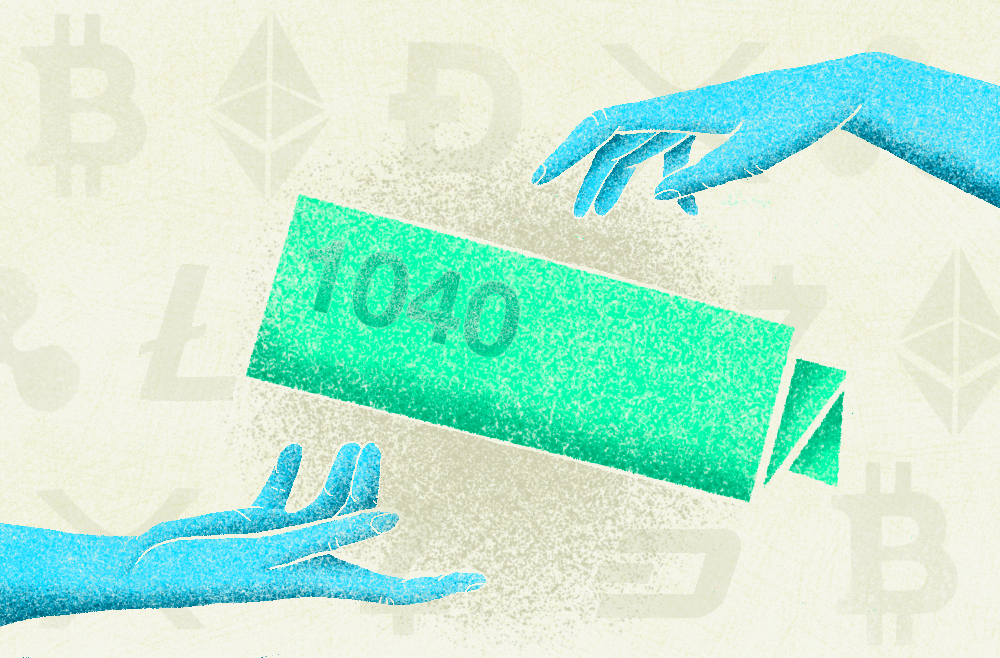Cryptoasset and NFT Regulation, Litigation and Tax

Cryptoassets and non-fungible tokens (NFTs) are a rapidly growing area of the digital economy, with millions of dollars invested in cryptocurrencies and NFTs every day. However, with the growth of the industry, legal issues related to cryptoassets and NFTs have emerged.
Cryptoasset Regulation
Cryptoassets are digital assets that use cryptography to secure their transactions and to control the creation of new units. Bitcoin, the first cryptoasset, was created in 2009, and since then, thousands of other cryptoassets have been created. The regulatory landscape for cryptoassets is constantly evolving, with different countries taking different approaches to regulate the industry.
In the UK, cryptoassets are regulated by the Financial Conduct Authority (FCA). The FCA has stated that certain types of cryptoassets, such as Bitcoin and Ethereum, are not considered securities or financial instruments. However, other types of cryptoassets, such as utility tokens and security tokens, may be subject to financial regulation.
Litigation Involving Cryptoassets
Litigation involving cryptoassets has increased as the industry has grown. One of the most common issues is disputes over ownership and control of cryptoassets. Unlike traditional assets, cryptoassets are not physical and can be difficult to trace. This can make it challenging to prove ownership in the event of a dispute.
Another issue is fraud and scams. With the growth of the industry, there has been an increase in fraudulent activities related to cryptoassets. Investors have been scammed out of millions of dollars, and the legal landscape around these issues is still developing.
Tax Implications of Cryptoassets and NFTs
The tax implications of cryptoassets and NFTs are complex and can vary depending on the country and the type of asset. In the UK, HM Revenue and Customs (HMRC) has provided guidance on the tax treatment of cryptoassets.
HMRC has stated that cryptoassets are subject to capital gains tax if they are held for investment purposes. The tax is calculated on the gain made between the purchase price and the disposal price. However, the tax treatment may vary depending on the specific circumstances, such as if the cryptoasset is used for business purposes or as part of a mining operation.
NFTs, which are unique digital assets, are also subject to tax. The tax treatment of NFTs will depend on their use and the specific circumstances. For example, if an NFT is purchased for investment purposes, it will be subject to capital gains tax when it is sold.
The regulation, litigation, and tax implications of cryptoassets and NFTs are complex and ever-changing. It’s essential to seek legal advice from an experienced team of lawyers to ensure that your interests are protected.
If you need legal advice on any issues related to cryptoassets and NFTs, book a consultation with the Sterling Law team today. Our experienced lawyers can help you navigate the legal landscape surrounding cryptoassets and NFTs and ensure that you are compliant with all relevant laws and regulations.












